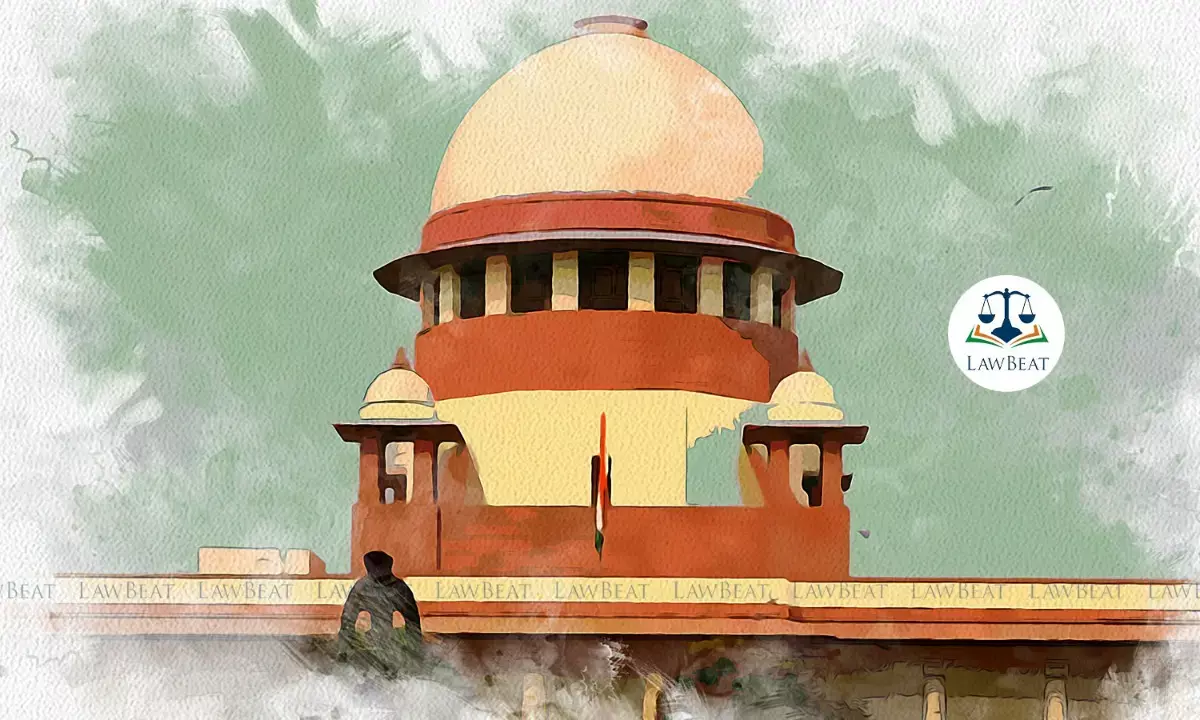No embargo on cheque dishonour case against sick company: Supreme Court

Supreme Court rules cheque dishonour complaints can continue against companies declared sick under SICA
The Supreme Court on September 2, 2025 held that there is no embargo on filing complaints under Section 138 of the Negotiable Instruments Act, 1881, against a company declared as ‘sick’ by the Board for Industrial and Financial Reconstruction. A bench of Justices Manoj Misra and Ujjal Bhuyan ruled that even if a restraint order is passed under Section 22A of the Sick Industrial Companies (Special Provisions) Act, 1985, whether the proceedings under Section 138 of the NI Act can continue will depend on the nature of the order and the facts of the case. The Court clarified that the appropriate stage to consider such an issue is ordinarily after parties have led their evidence, and not at the threshold.
Allowing a batch of appeals filed by Shree Nagani Silk Mills Pvt Ltd and others, the bench set aside the judgments of the Bombay High Court and the revisional court, and restored the complaints under Section 138 read with Section 141 of the NI Act to the file of the Magistrate for trial. The Court directed that the proceedings be taken to their logical end in accordance with law.
The case arose from a series of cheques issued in 2001 against supplies made to the accused company. A restraint order had earlier been passed by the BIFR in 2000, but the Supreme Court noted that the order indicated no embargo on drawing from the assets of the company to the extent required for day-to-day operations. The complainants contended that whether such proceedings are barred due to a restraint order is a mixed question of law and fact, which must be tested through evidence. They argued that the revisional court erred in recalling the summoning order, and the High Court further erred by refusing to correct the illegality.
The respondents, on the other hand, argued that since the cheques were post-dated and issued after the company was declared sick, the proceedings could not continue. The Court rejected this, observing that the law presumes a negotiable instrument bearing a date was made or drawn on such date, and the burden lies on the accused to rebut that presumption through evidence. At the preliminary stage, it is impermissible to prejudge the issue and record findings that the cheques were post-dated.
The bench further noted that according to the complaint allegations, the cheques were issued to discharge liabilities arising from supplies made by the complainant company. In such circumstances, the presumption as to the validity and timing of the cheques applies, and whether they were issued for day-to-day operations is a matter that must be decided at trial.
Referring to M/s Kusum Ingots & Alloys Ltd v. M/s Pennar Peterson Securities Ltd & Ors, the Court reiterated that Section 22 of SICA does not bar the institution or continuation of criminal proceedings under Section 138 of the NI Act. Where a direction restraining disposal of assets is issued under Section 22A of SICA, whether such restraint impacts a prosecution under Section 138 is a question dependent on facts and circumstances. In this case, the bench found that the revisional court fell in error in recalling the processes and discharging the accused at the outset, and the High Court compounded that error by misapplying the Kusum Ingots precedent.
Case Title: Shree Nagani Silk Mills Pvt Ltd v. L D Industries Ltd & Ors
Judgment Date: September 2, 2025
Bench: Justices Manoj Misra and Ujjal Bhuyan
